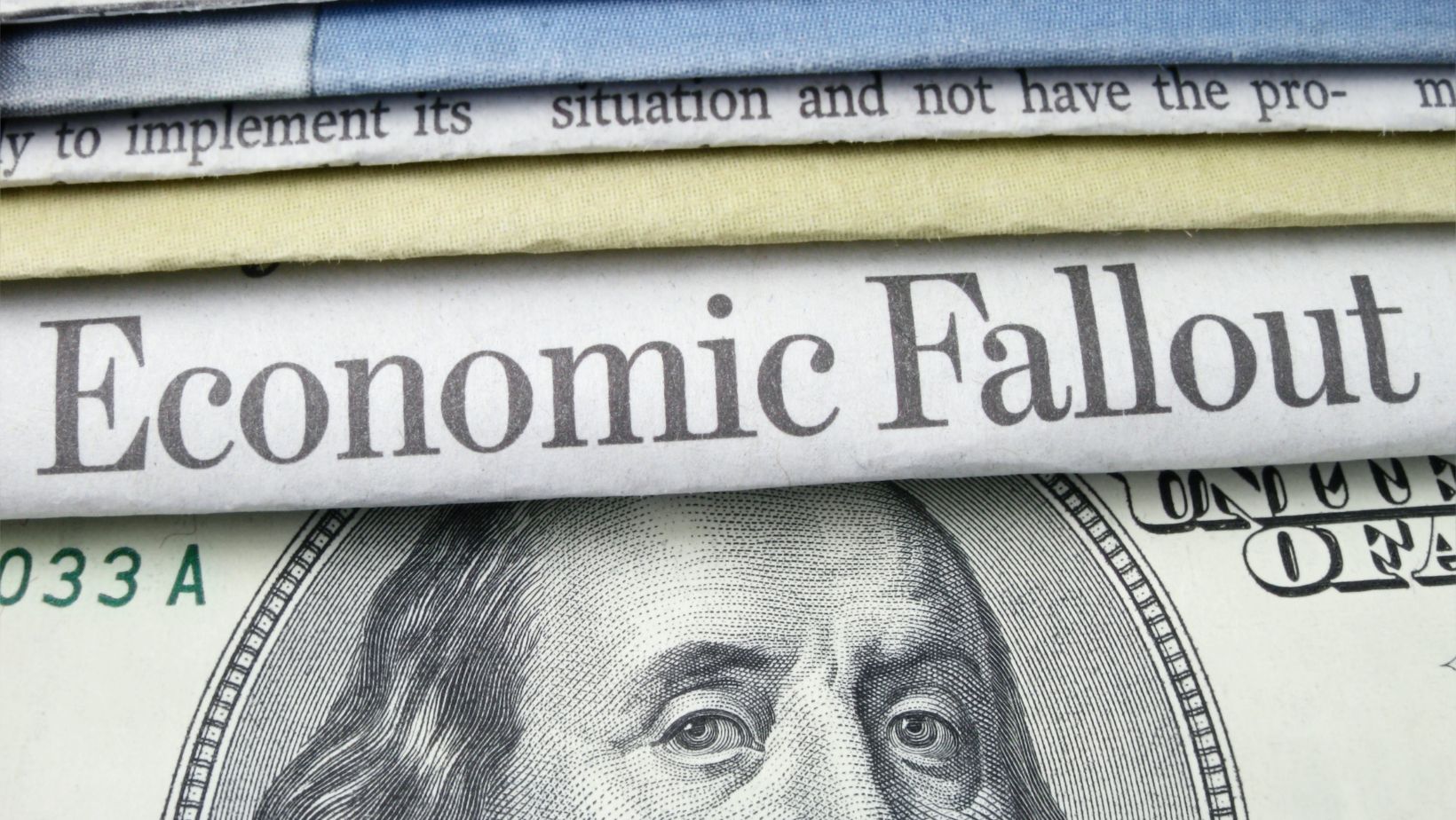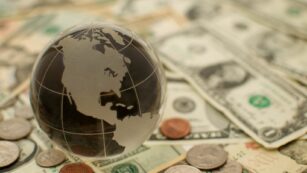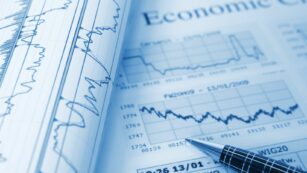
Economic abuse, a less discussed but pervasive issue, has been making headlines recently. It’s a form of abuse where one person has control over another’s access to economic resources, diminishing their capacity to support themselves and forcing them to depend on the perpetrator financially. This article will delve into the latest news and developments around economic abuse, shedding light on its prevalence, impact, and the measures being taken to combat it. Stay tuned to understand more about this hidden form of abuse that’s affecting millions worldwide.
Economic Abuse News

Providing a critical glance inside numerous news headlines, economic abuse remains an alarming global concern. This section digs deeper into the multifaceted reality of economic abuse, casting a spotlight on its varied types and the telltale signs and effects related solely to its influence. The implications of economic abuse are often camouflaged, inextricably woven into the fabric of a relationship, making them not so readily identifiable. However, being aware of critical signs poses the first step towards breaking free from such invisible shackles.
Instances include but are not limited to: being kept in the dark about financial situations, having restricted access to bank accounts, or enduring strict allowances that underestimate personal expenses—the absence of financial independence discerns the grave reality of this form of abuse. Effects of economic abuse seep into emotional, mental, physical, and social welfare.
It breeds anxiety, depression, and feelings of helplessness in victims, impairing their overall well-being. It also taints social relationships, as victims may experience estrangement or lack the financial means to interact freely with others. Economically abused individuals may face severe hardship and deprivation even post-separation, as they grapple with debt, poor credit, lack of savings, and limited income sources. So, beneath the surface of such stories in the economic abuse news, one finds a turbulent ocean of struggles and survival.
Impact of Economic Abuse on the Economy
Effects on Workforce Productivity
Economic abuse impedes workforce productivity. Despite victims’ potential to contribute significantly to the economy, their career progression frequently stalls as abusers often prevent access to education and employment.
Economically abused individuals, for example, domestic abuse survivors, encounter difficulties in maintaining stable employment due to incessant interruptions and harassments at the workplace, ultimately leading to decreased productivity or job loss. This sequence not only impacts the individual’s income but also affects wider economic structures, reducing overall productivity, lowering GDP, and cutting public funding due to decreased income tax revenues.
Long-term Economic Consequences

Understanding the long-term economic repercussions of economic abuse illuminates the severity of this issue. The victims, subjected to a degree offinancial dependence, face challenges in personal wealth accumulation, limiting their economic inputs.
This phenomenon impacts credit scores, damages borrowing potential, and restricts financially abused individuals’ ability to procure housing or gainful employment, leading to an escalating cycle of poverty. Moreover, the cost of services to assist survivors impacts public funding. Health services, welfare support, and legal aid, designed to help victims of economic abuse, impose a significant financial burden on the state, indicating the pervasive, societal level fallout.
At a macro level, societal expenditure to combat economic abuse alongside the loss of potential economic contributions from affected individuals, leads to long-term economic stress, hampering progress towards economic growth and stability.
Economic Abuse in the News
 Economic abuse’s insidious nature is a pressing issue that’s gained attention in recent news. It’s a form of control that extends far beyond financial manipulation, affecting victims’ education and employment opportunities.
Economic abuse’s insidious nature is a pressing issue that’s gained attention in recent news. It’s a form of control that extends far beyond financial manipulation, affecting victims’ education and employment opportunities.
The ripple effects of this abuse are far-reaching, impacting global economic stability and workforce productivity. It’s not just a personal problem, but a societal one that calls for urgent and comprehensive reform strategies.
The news has shed light on the long-term economic consequences such as poverty cycles, increased public funding for survivor support, and decreased income. It’s clear that economic abuse isn’t just a private issue—it’s a public concern that demands collective action. Let’s take this awareness and translate it into meaningful change, ensuring a future free from the shackles of economic abuse.